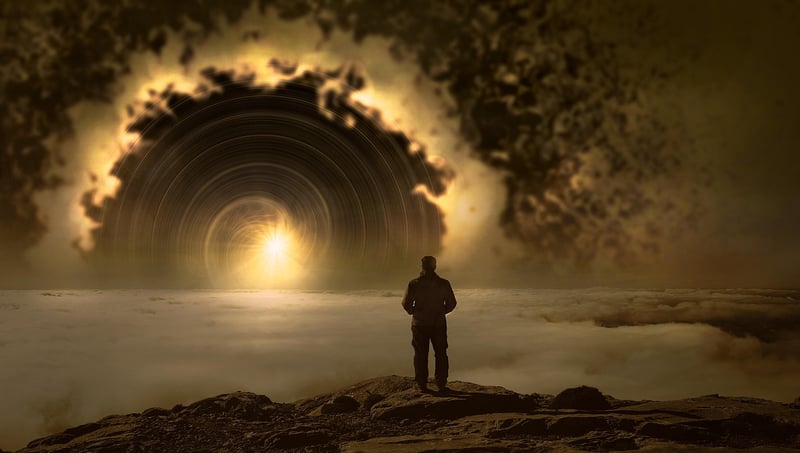Causal Loops
The Fascinating World of Paradoxes and Causal Loops
Paradoxes and causal loops are intriguing concepts that challenge our understanding of time, space, and logic. Let's dive into these mind-bending phenomena and explore their implications.
What are Paradoxes?
Paradoxes are statements or situations that seem self-contradictory or logically unacceptable, but nonetheless, may be true. They often challenge our assumptions and reveal the limitations of our understanding.
Example of a Paradox: The Grandfather Paradox
One famous paradox is the Grandfather Paradox, which involves a time traveler going back in time and preventing their own grandfather from meeting their grandmother, thus preventing their own existence. This paradox raises questions about causality and the possibility of changing the past.
Exploring Causal Loops
Causal loops, also known as closed timelike curves, are events in which an effect causes its own cause in a circular fashion. This creates a loop in which the cause and effect are intertwined and have no clear beginning or end.
Example of a Causal Loop: The Bootstrap Paradox
In the Bootstrap Paradox, an object or information is sent back in time and becomes the inspiration for its own creation. This raises questions about the origin of the object or information and challenges our linear understanding of cause and effect.
Implications and Philosophical Considerations
Paradoxes and causal loops not only boggle the mind but also raise profound questions about free will, determinism, and the nature of reality. They challenge our intuitions about time travel, causality, and the structure of the universe.
Conclusion
The world of paradoxes and causal loops is a fascinating realm that invites us to question our assumptions and explore the boundaries of logic and reasoning. As we delve deeper into these concepts, we may discover new insights into the nature of existence itself.


Explore more about paradoxes and causal loops here.
